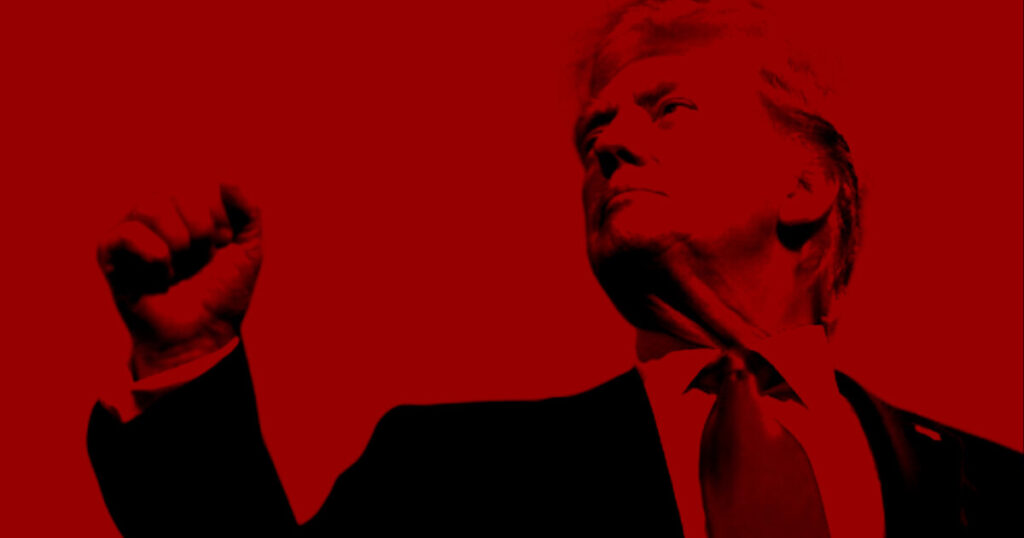In the wake of Donald J. Trump’s remarkable return to the presidency, reactions from European leaders reveal a nuanced landscape of diplomacy and ideological conflict. While these leaders outwardly extend congratulations and expressions of goodwill, several beneath-the-surface tensions suggest a looming challenge to the European Union’s established policies. NATO Secretary-General Mark Rutte, who has previously collaborated with Trump and exhibits low levels of Trump Derangement Syndrome (TDS), voiced apprehensions regarding various global challenges, including rising aggression from Russia, terrorism, and strategic competition with China. Rutte emphasized the importance of NATO in countering aggression and maintaining collective security, signaling an acknowledgment of Trump’s influence on international relations.
European Commission President Ursula von der Leyen presented a contrasting perspective, framing Trump’s populist and nationalist tendencies as potential threats to the European Union’s ideals. Her congratulatory message celebrated the transatlantic partnership between the EU and the U.S, encompassing 800 million citizens, while advocating for collaboration that delivers tangible benefits to their constituents. The approach reflects a recognition of Trump’s significance in shaping U.S.-EU relations, despite their conflicting views on globalism and nationalism.
British Prime Minister Keir Starmer projected an optimistic stance toward Trump’s presidency, aiming to position himself as a close ally while promoting shared values of democracy and enterprise. Starmer’s congratulatory message suggests that the U.K. seeks to maintain a strong alliance with the U.S. moving forward. Yet, the hidden complexities of this relationship may manifest in differing approaches to global governance and domestic policy, as Starmer represents a more left-leaning alternative within the U.K. political landscape.
French President Emmanuel Macron’s congratulations underline his desire for cooperation rooted in mutual respect and shared ambitions. Macron’s previous dealings with Trump showcase a willingness to navigate ideological differences, yet his optimism may not fully mask the underlying friction between Trump’s national policy focus and Europe’s multicultural agenda. The call for “peace and prosperity” encapsulates an aspiration for effective partnership, but also hints at the challenges that may arise from diverging national interests.
German Chancellor Olaf Scholz, representing a continuation of the challenges faced under Angela Merkel, acknowledged Trump’s presidency with a focus on past cooperation between the two nations. While Scholz reaffirmed a commitment to promoting prosperity and freedom, tensions remain regarding Trump’s policies that can be perceived as counter to European values. This relationship reflects a delicate balancing act where skepticism regarding Trump’s agenda might coexist with necessary partnerships formed through shared economic and security interests.
Lastly, the reaction from Spanish Prime Minister Pedro Sánchez encapsulates a broader trend where European leaders navigate their national interests while responding to the significant political shift brought on by Trump’s election. By emphasizing the strategic bilateral relationship with the U.S., Sánchez underscores the necessity of collaboration in achieving a strong transatlantic partnership. However, as European leaders manage their domestic political landscapes, they must simultaneously contend with the challenges posed by Trump’s administration, which may necessitate an evolving approach to U.S.-EU relations amid rising nationalism and competing priorities. The backdrop of differing ideologies sets the stage for potential discord, even as leaders express a collective willingness to work with Trump’s administration.

